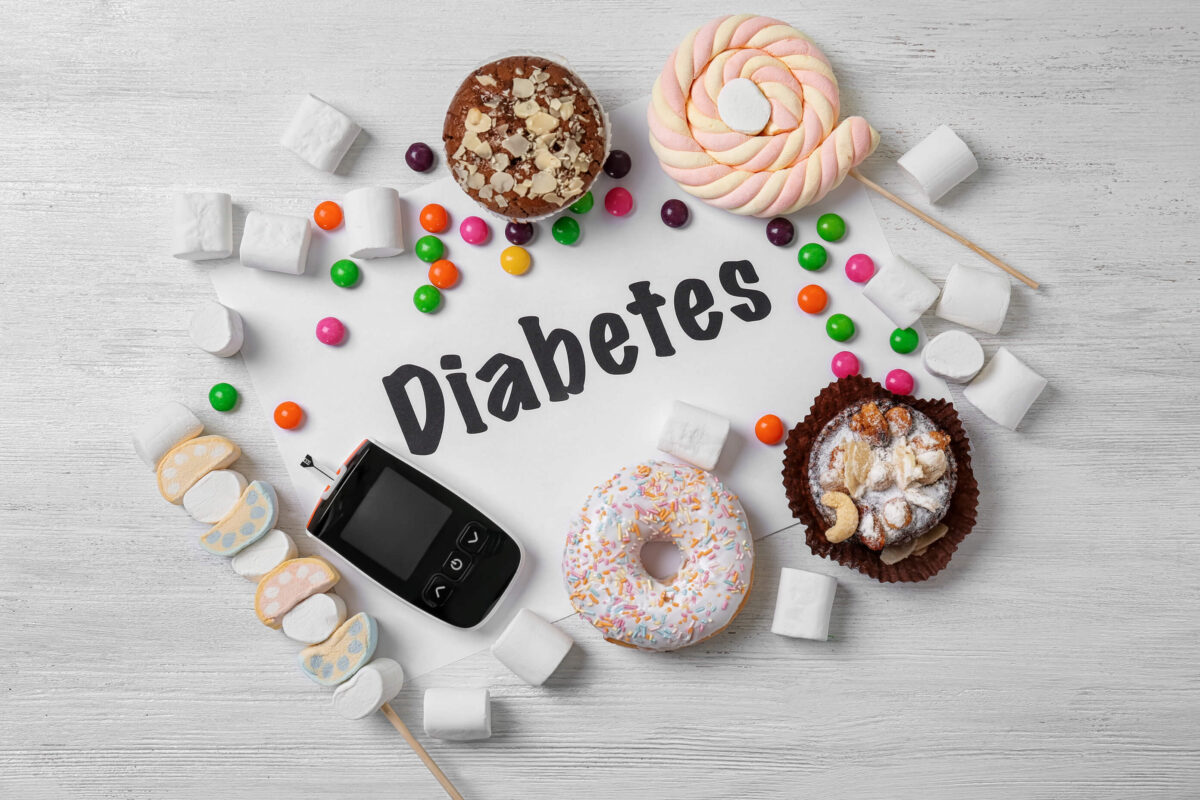How to Manage Blood Sugar Levels for Better Health
Managing blood sugar levels is crucial for overall health, especially for individuals with diabetes or pre-diabetes. Maintaining optimal blood sugar can prevent serious health complications such as heart disease, nerve damage, and kidney issues. Effective management involves a combination of lifestyle changes, medical interventions, and sometimes natural remedies or supplements. Understanding the factors that affect blood sugar and implementing strategies to control it can lead to improved health and quality of life.
Understanding Blood Sugar Levels

The Importance of Blood Sugar Management
Blood sugar management is vital for preventing both immediate and long-term health issues. Consistent high blood sugar levels can damage various body systems, while low blood sugar can cause acute problems like dizziness and fainting. Effective management helps maintain energy levels, supports cognitive function, and reduces the risk of diabetes-related complications.
Factors Affecting Blood Sugar
Several factors influence blood sugar levels, including diet, physical activity, stress, and sleep. Carbohydrates have the most significant impact, causing spikes in blood sugar. Regular exercise helps regulate blood sugar by increasing insulin sensitivity. Stress hormones can raise blood sugar levels, while inadequate sleep can disrupt insulin production. Understanding these factors is key to managing blood sugar effectively.
Health Risks Associated with Uncontrolled Blood Sugar

Uncontrolled blood sugar can lead to numerous health issues, such as cardiovascular disease, neuropathy, retinopathy, and nephropathy. High blood sugar damages blood vessels and nerves, increasing the risk of heart attacks and strokes. Over time, it can also impair kidney function and vision. Effective blood sugar management is crucial for preventing these serious complications.
Recommended Blood Sugar Levels
Recommended blood sugar levels vary depending on the time of day and meals. Generally, a fasting blood sugar level should be between 70-100 mg/dL. Postprandial (after meal) levels should be less than 140 mg/dL two hours after eating. Maintaining these levels helps prevent the adverse effects associated with hyperglycemia and hypoglycemia.
Symptoms of High and Low Blood Sugar
Symptoms of high blood sugar (hyperglycemia) include frequent urination, increased thirst, blurred vision, and fatigue. Low blood sugar (hypoglycemia) symptoms include shaking, sweating, confusion, and irritability. Recognizing these symptoms early is essential for prompt management to prevent more severe health issues.
Lifestyle Changes for Managing Blood Sugar
Balanced Diet and Blood Sugar Control
A balanced diet is crucial for blood sugar control. Foods rich in fiber, such as vegetables, whole grains, and legumes, help stabilize blood sugar. Avoiding refined sugars and processed foods can prevent spikes in glucose levels. Eating regular, balanced meals with a mix of macronutrients (proteins, fats, and carbohydrates) ensures steady energy and glucose levels throughout the day.
Regular Exercise and its Impact on Blood Sugar Levels
Regular physical activity is beneficial for blood sugar management. Aerobic exercises like walking, running, and swimming improve insulin sensitivity and help lower blood sugar levels. Strength training builds muscle mass, which enhances glucose uptake from the blood. Consistency is key; aim for at least 150 minutes of moderate exercise per week. Integrating exercise into daily routines, like taking stairs or walking during breaks, can also contribute to better glucose control.
Stress Management and Blood Sugar Regulation
Stress can significantly impact blood sugar levels due to the release of stress hormones like cortisol. These hormones increase glucose production in the liver and reduce insulin sensitivity. Effective stress management techniques include mindfulness meditation, yoga, deep-breathing exercises, and regular physical activity. Reducing stress not only helps in blood sugar management but also improves overall mental and physical health.
Medical Approaches to Blood Sugar Management
Medication and Insulin Therapy
Medication and insulin therapy are essential for many people with diabetes. Oral medications can help the body use insulin more effectively or produce more insulin. Insulin therapy involves injecting insulin to regulate blood sugar levels. The type and dosage depend on individual needs and medical advice. It’s important to follow the prescribed regimen and monitor blood sugar levels regularly.
Importance of Regular Blood Sugar Monitoring
Regular blood sugar monitoring is critical for effective diabetes management. It helps track the effectiveness of dietary choices, medications, and exercise. Tools like glucometers and continuous glucose monitors (CGMs) provide real-time data, allowing for immediate adjustments. Keeping a log of blood sugar readings can help identify patterns and improve overall management.
Consultation with Healthcare Professionals
Regular consultations with healthcare professionals are vital. They can provide personalized advice, adjust medications, and offer support for lifestyle changes. Endocrinologists, dietitians, and diabetes educators play a key role in managing blood sugar levels. Frequent check-ups ensure that any complications are detected and treated early.
Natural Remedies and Supplements for Blood Sugar Control
Herbal Approaches to Regulating Blood Sugar

Several herbs have been shown to help regulate blood sugar. For example, cinnamon can improve insulin sensitivity, and berberine has been found to lower glucose levels. Other herbs like fenugreek, bitter melon, and ginger may also aid in blood sugar control. Always consult with a healthcare provider before starting any herbal supplements.
Vitamins and Minerals for Blood Sugar Management
Certain vitamins and minerals play a role in blood sugar management. Chromium enhances insulin action, while magnesium helps regulate blood sugar levels. Vitamin D deficiency has been linked to insulin resistance. Ensuring adequate intake of these nutrients through diet or supplements can support better glucose control.
Discover Some Supplements
Some supplements are designed to support blood sugar management naturally. Formulated with a blend of proven ingredients like chromium, cinnamon, and berberine, they help maintain healthy glucose levels and improve overall metabolic health. Consult your healthcare provider to see if supplements are right for you.
Conclusion: Achieving Optimal Blood Sugar Levels
Achieving and maintaining optimal blood sugar levels is a multifaceted approach involving diet, exercise, stress management, medication, and regular monitoring. By understanding the factors that influence blood sugar and implementing effective strategies, individuals can significantly improve their health and prevent complications. Regular consultation with healthcare professionals ensures personalized care and adjustments to treatment plans as needed. Embracing a holistic approach to blood sugar management leads to better health outcomes and a higher quality of life.







